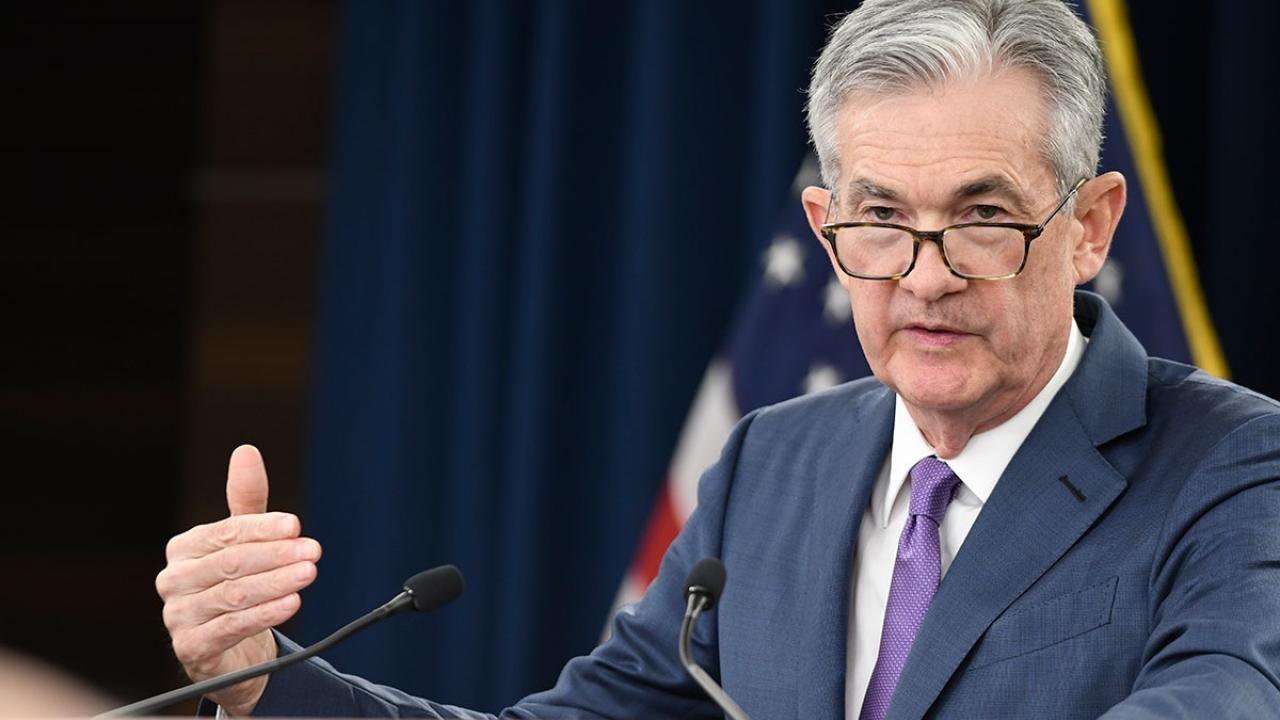
Jerome Powell explained that tariffs are very likely to generate at least a temporary increase in inflation, but that the inflationary effects could also be more persistent.
Federal Reserve (Fed) Chairman Jerome Powell has reiterated that the central bank must ensure that tariffs do not trigger a more persistent rise in inflation.
"Our obligation is to keep longer-term inflation expectations firmly anchored and ensure that a one-time increase in the price level doesn't become a problem of ongoing inflation," Powell said Wednesday during his address to the Economic Club of Chicago.
Along these lines, he again commented on the level of tariff increases announced so far, which is significantly higher than expected. He also explained that the tariffs are very likely to generate at least a temporary increase in inflation, but that the inflationary effects could also be more persistent.
"Avoiding that outcome will depend on the magnitude of the effects, the time it takes for them to fully translate into prices, and, ultimately, whether longer-term inflation expectations remain well-anchored," he reflected.
Accordingly, Powell noted that policymakers would balance their dual responsibility to foster maximum employment and price stability, "keeping in mind that without price stability, the long periods of strong labor market conditions that benefit all Americans cannot be achieved."
CONFLICT OF GOALS
The Fed chairman also acknowledged that the weakening economy and high inflation could put the central bank's two objectives at odds.
"We may find ourselves in the difficult scenario where our two goals come into conflict. If that were to happen, we would consider how far the economy is from each goal, and the potentially different time horizons over which those respective gaps would be anticipated to be closed," he noted.










